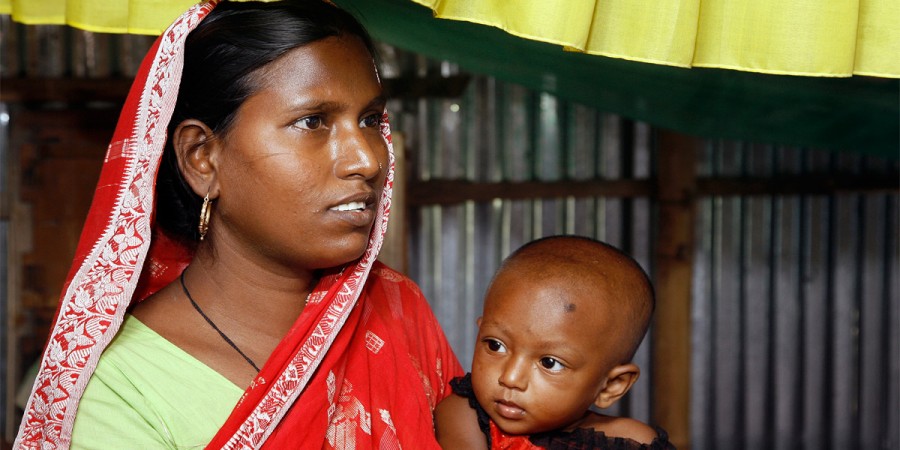The World Humanitarian Summit comes at a critical time. To quote the UN Secretary-General, “the world is witnessing the highest level of human suffering since the Second World War”. The crisis in Syria alone has affected over 12 million people – more than Hurricane Katrina, the Haiti earthquake and the Indian Ocean tsunami combined.
When it comes to suffering, it is children who are disproportionately affected. UNICEF estimated earlier this year that nearly 250 million children live in regions affected by conflict. More than half of the world’s 60 million displaced people are under the age of 18.
As a result, the humanitarian system today is being challenged to do more, for more people, and at a greater cost than ever before. This summit provides a platform for all parties – governments, foundations, civil society organisations and businesses – to come together to tackle the causes and consequences of humanitarian crises. Its success will require the full commitment and dedication of everyone involved, operating – above all else – in partnership with each other.
For over 35 years, Alwaleed Philanthropies has collaborated with a wide range of organisations in over 120 countries to provide disaster relief, combat poverty, empower women and youth, develop communities, and create cultural understanding through education.
Much of our work involves supporting the people hardest hit by humanitarian crises. Earlier this year we partnered with UNHCR to provide emergency winter supplies to displaced Syrians suffering freezing conditions in camps across Europe. Heat-monitoring devices, placed inside selected tents in refugee camps, automatically tweeted temperatures as part of a global campaign to raise awareness of the plight of the 8 million Syrian refugees who had fled their homes.
Our partnership with Save the Children will see the development of its Humanitarian Leadership Academy. This ground-breaking project will launch ten rapid-response centres across the world in its first five years. These centres will offer the next generation of front line humanitarian staff the latest insight and technology, and empower those most affected by emergencies to be the first responders.
The Academy plans to train frontline aid workers and volunteers across 50 countries to prepare people to respond to humanitarian disasters in their own country. It is a truly global collaboration between the private sector, governments, academia and NGOs.
The scale of the humanitarian challenge may seem overwhelming, but by working together – bringing to the table our different resources, skills and perspectives – we can have a powerful impact.
It was only last year that world leaders, willed on by the peoples of the world, came together to agree the Sustainable Development Goals and pledged to leave no one behind. The World Humanitarian Summit is the first test of their commitment to transform the lives of those most at risk of being left behind. Just as we must play our part; we must work with them to ensure that they play theirs too.


Comments